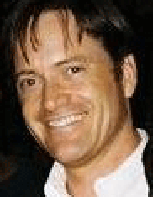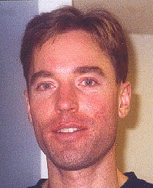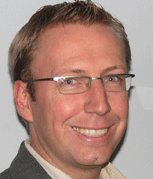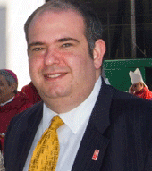Carmen Iezzi, Executive Director, Fair Trade Federation
SFP Editor: What is the fair trade federation and how did you get involved?
Carmen Iezzi: The Fair Trade Federation is an international association of retailers, wholesalers, and producers who are fully committed to fair trade. Products produced and sold under fair trade terms constituent 100% of their work, because they recognize that business can be an effective tool in promoting development if it is based on fair terms. They strive to not only pay fair wages in the local context, but to support participatory workplaces, mitigate the environmental impact of production, supply financial and technical assistance, offer public accountability, build long term relationships with producers, and educate consumers about the choices that they have in the products they buy all the time. I was introduced to fair trade in grad school and then became a volunteer with the Ten Thousand Villages of Alexandria, where now I am the Vice Chair of their board and run their community outreach program. In October 2006, I started as the Executive Director of FTF.
Access Interview and Visit Website.




































